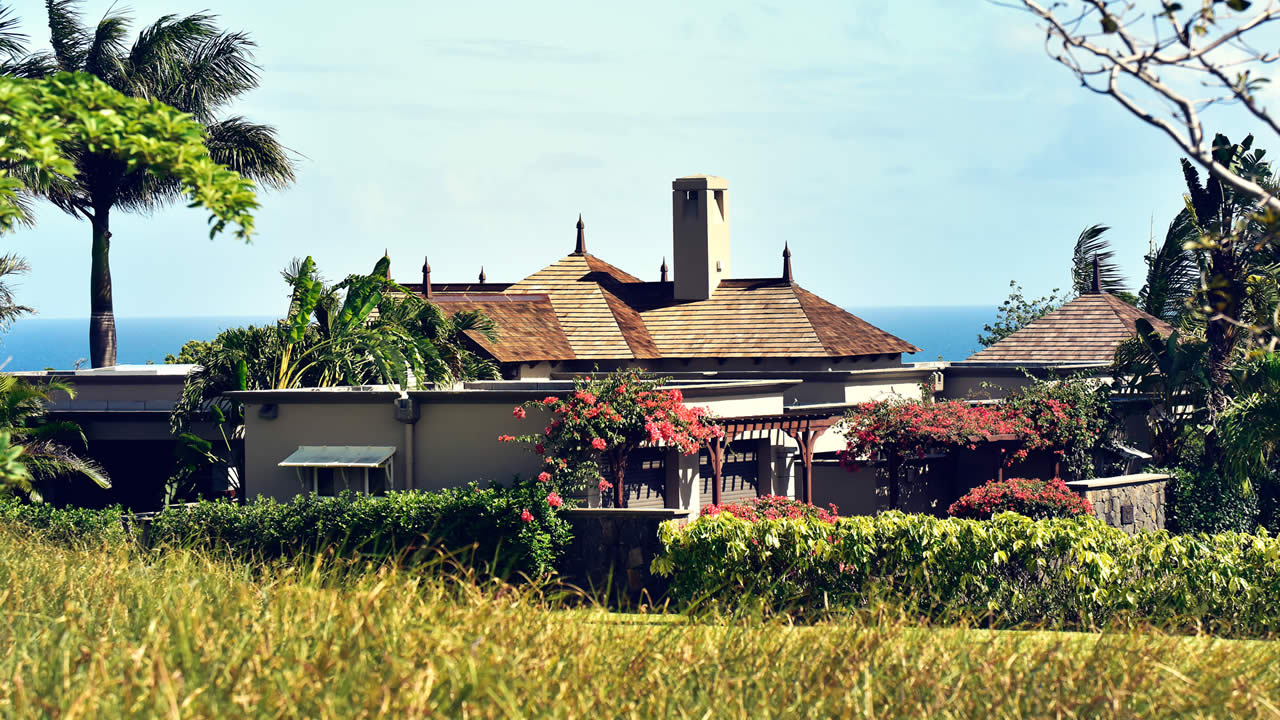
The Mauritius Tax Payers Association, through its chairman Sandragassen Rungasawmi, is asking the Government to introduce the rural tax, in the wake of pre-budget consultations. The rural tax has for long been a taboo subject in Mauritius, and the last time a similar tax was introduced, it had serious sociopolitical consequences, forcing the Government to backpedal. Are we ready for it today?

Is Mauritius ready to introduce the rural tax? While urban dwellers are subject to the municipal tax, rural areas are exempt from it. The main argument has always been that villages do not offer the same facilities and amenities as our towns. But the country has in recent times experienced a general urbanisation, eliminating major regional disparities.
Last week, during the pre-budget consultations between Prime Minister and Finance Minister Pravind Jugnauth and various socio-economic stakeholders, the Mauritius Tax Payers Association suggested the introduction of the rural tax. According to the chairman of the Association, Sandragassen Rungasawmi, the rural environment is changing, especially with the advent of the Smart Cities, and he thinks that these luxurious dwellings must be taxed. But will a rural tax be easily welcomed today?
The last time the Government attempted to introduce a similar tax was in 2006, when former Finance Minister Rama Sithanen, under the Labour/PMSD government, introduced the National Residential Property Tax (NRPT). The tax, applicable on all real estate properties, whether in urban or rural areas, had sparked massive protests, forcing the Minister to resort to some amendments. The NRPT, sarcastically called ‘Navin Ramgoolam Property Tax’, had seriously undermined the political career of Rama Sithanen and it is felt that no politician would dare come up with a similar tax again.
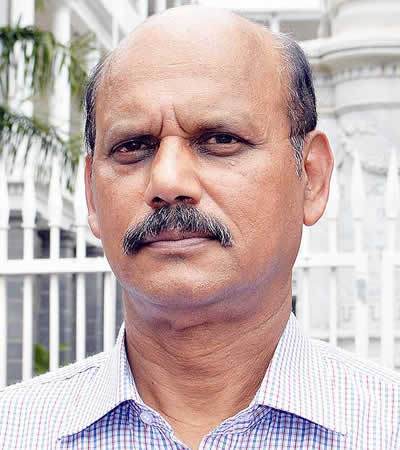
Moreover, when Pravind Jugnauth became Finance Minister in 2010, one of his first actions was to abolish the NRPT. But he also introduced the ‘Capital Gains Tax’, which was removed the following year, following general outcry.
Abolition of the Municipal Tax?
Radhakrishna Sadien, chairman of the Government Services Employees Association, says there has been remarkable development across the country, and it is unfair for only urban residents to pay municipal taxes while large palaces on the coast are exempted. “If ever a rural tax is introduced, we must start by taxing those who have the means. For me, the issue needs a deep reflection.” Rashid Imrith, chairman of the Government General Services Union, says that the rural community is not yet ready for any kind of property tax. He advocates a review of the taxation system in general in Mauritius, especially the collection, and the evaluation of the services, by an independent body. “I think that it is rather necessary to abolish the municipal tax because one does not obtain a satisfactory level of service.” According to him, the taxpayer already subsidises the municipalities through government grants made to local authorities, derived from VAT revenues. “We must open the debate on the municipal and rural tax,” claims the trade unionist.
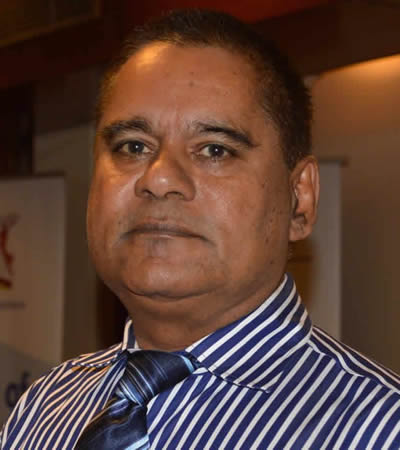
Pierre Dinan, economist, states that it is absolutely necessary to introduce the rural tax, first of all, in the interest of fairness to everyone, because having a tax that targets only urban dwellers is totally unfair. Then, he says, our rural areas also benefit from the same municipal services, namely scavenging services, street lighting and road asphalting, among others. He cites as example the villages of Tamarin or Grand Bay, where there has been considerable development and he feels the luxurious houses must be taxed. But the economist points out that there are also poor people in rural areas just as there are pockets of poverty in the towns. However, those who own a modest house in the towns are subject to the municipal tax. “In terms of infrastructure and facilities, there are probably better-off areas in some rural areas than urban ones, and the environment is sometimes much more beautiful and attractive than in some towns.” He concludes that Mauritius is, today, a developed territory and it is time to set the debate on the rural tax and see how to apply it equitably.

The NRPT : a bitter political thorn
Introduced in July 2006, the National Residential Property Tax (NRPT) had generated about Rs 100 million in its first year of application. Former Finance Minister Rama Sithanen estimated that only 5% of the 330,000 households were affected by the NRPT, i.e 16,500 households. The average household tax liability was Rs 6,700. Private households had contributed about Rs 90 million, and the remaining 10 million came from some hundred companies. The NRPT’s Rs 100 million revenue was intended for the construction of market fairs in Rose Belle, Rivière des Anguilles, Flacq, Quatre Bornes and Abercrombie.
 Prithviraj Fowdur : “Either we tax everyone, or none”
Prithviraj Fowdur : “Either we tax everyone, or none”
For economist Prithviraj Fowdur, a former senior civil servant, there is certainly a perception of discrimination about the municipal tax, because almost half of the population is subject to the tax while the rest is exempt. “In today’s Mauritius, there is no longer this disparity between village and town, because the country as a whole has seen considerable urbanisation, with the same facilities available everywhere. It costs the government to provide essential services and everyone should contribute, not just town dwellers,” says the economist. He explains that in the past, there was a continuous migration from the countryside to the towns, because villages lacked many facilities, but today the opposite is happening because many city dwellers are now moving to rural areas for a better life. He adds that the former Rural Development Unit no longer exists, having been replaced by the National Development Unit. “This shows that the authorities themselves have realised that disparity no longer exists,” he says. He believes the municipal tax does not bring massive revenues to public coffers. “In the interest of equality, either we tax everyone, or we abolish the municipal tax,” concludes the economist.
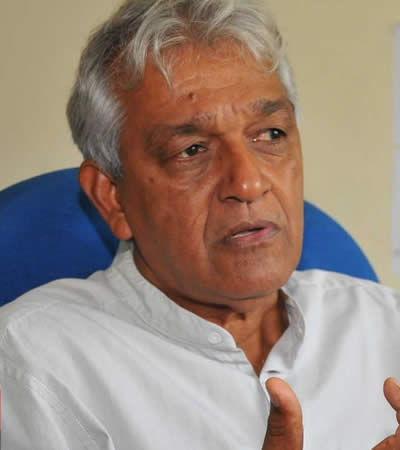 Jayen Chellum : “The government should have the courage”
Jayen Chellum : “The government should have the courage”
Jayen Chellum, General Secretary of the ‘Association des Consommateurs de l’ile Maurice’ (ACIM), is of the view that Mauritius today has many big villages that can be compared to the towns, providing similar facilities to residents. He recalls that in the past, there have been proposals to confer the status of ‘town’ to big villages like Mahebourg, Flacq and Goodlands. However, the project never materialised because it has a high political cost. “At ACIM, we believe that the Government must have the courage to come up with a rural tax because rural areas benefit from the same facilities as in the towns. Currently, rural residents obtain these services for free, while urban residents pay,” says Jayen Chellum. He adds that if the current government is bold enough to bring about major projects and tough laws, it should also have the courage to come up with a fair and equitable municipal tax system across the country. However, he is against any abolition of municipal tax because this will severely impact on the quality of services offered by cash-strapped municipalities.
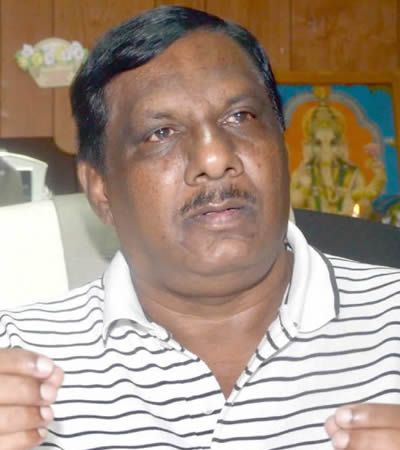 Suttyhudeo Tengur : “It is premature to talk about rural tax”
Suttyhudeo Tengur : “It is premature to talk about rural tax”
The chairman of the Association for the Protection of the Environment and of Consumers (APEC), Suttyhudeo Tengur, is categorical: Mauritius, in its current state, is not ready to introduce the rural tax. He cites two examples to support his views: First, the wastewater sewer system is largely absent in most rural areas. Then, the inhabitants of villages face a limited means of transport, with a poor public transport network servicing rural areas. “It’s premature to talk about rural tax. In the countryside, it is necessary to distinguish between those who own expensive palaces and the poor labourers who have small houses deprived of essential facilities like sewer connection,” says Suttyhudeo Tengur. He concludes that one must always be rational in comparison.
 Ganessen Chinappen : “A highly politically sentisive issue”
Ganessen Chinappen : “A highly politically sentisive issue”
Ganessen Chinappen, a Development Economist, argues that implementation of a rural property tax is highly sensitive politically, so there is a need for strategies to mitigate some of the effects of the changes, if it is introduced. An impact assessment should identify how different target groups will be affected by proposed changes to the tax system. Appropriate phasing of the tax should be considered, for example by gradually increasing the tax burden, to make the tax more acceptable to those who will pay it. Dissemination of information on the tax, and how the revenues will be used, is necessary to win public support. “I personally don’t think the rural Mauritius is ready to accept and accommodate a rural tax system. They are not ready yet and this will create the same impact as was for the NRPT,” says the economist.
If ever there is a tendency towards this imposition of a rural tax, there should be a proper knowledge dissemination and explanation of why such tax is being introduced, how the rural tax revenues will be used for the betterment of the rural citizens.
Asked whether it is possible to abolish the municipal tax, Ganessen Chinappen states that “We will have to derive a new mechanism to ensure the same service and treatment are given to the entire population, both rural and urban. Municipalities and district councils are in high debts. There should be a restructuring plan. People are too tax sensitive in this country,” he concludes.
 J'aime
J'aime














